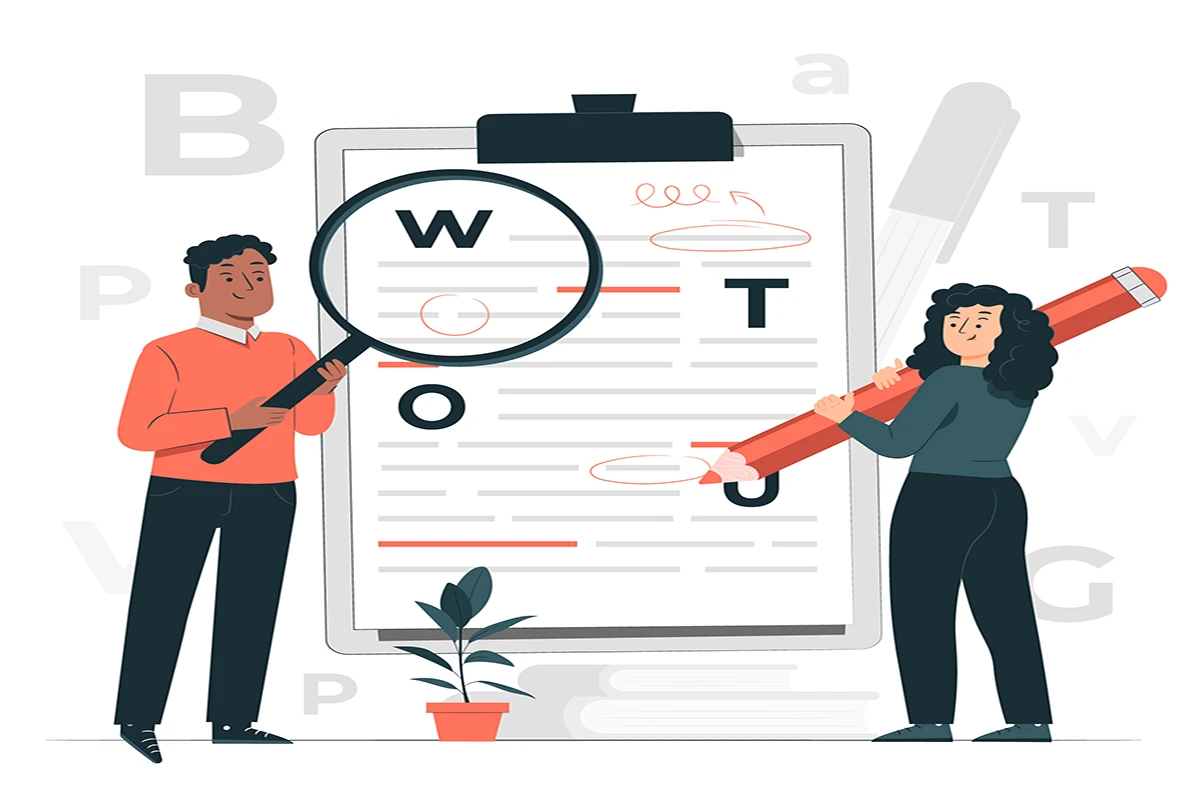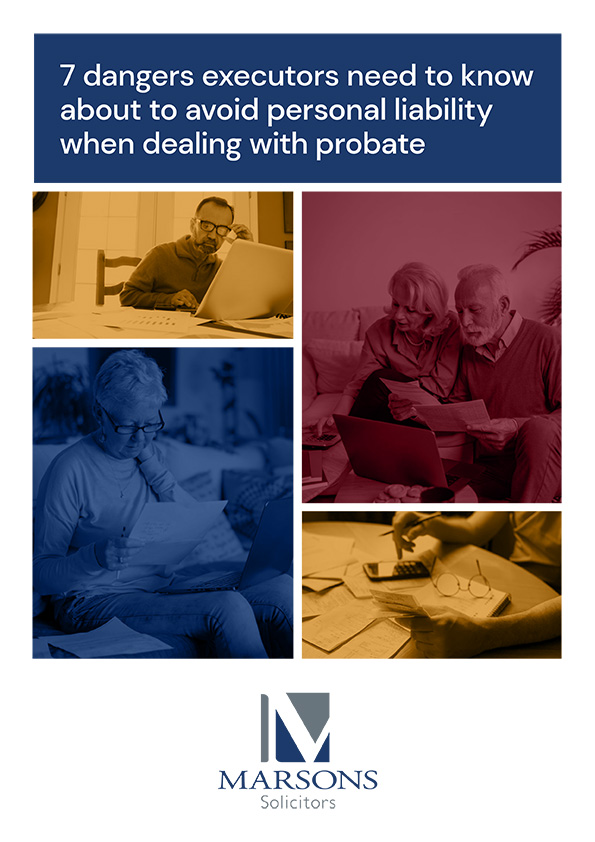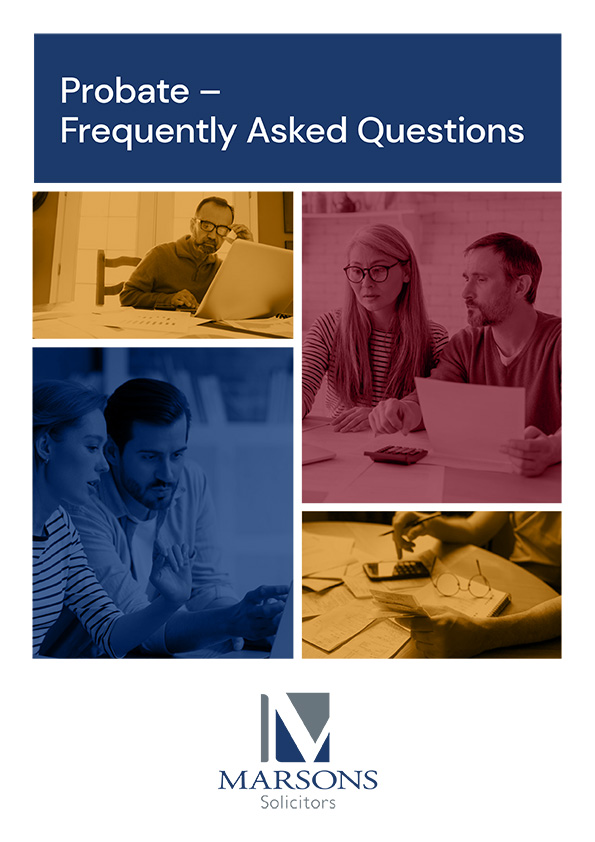Conveyancing Jargon Buster

Buying or selling a home can be exciting but it often comes with a lot of unfamiliar legal terms that can leave you feeling confused or overwhelmed. At Marsons Solicitors, we believe the process should be as clear and stress-free as possible. That’s why we’ve created this simple jargon buster to help you understand the key terms you’re likely to come across during your property transaction. Whether you’re a first-time buyer or moving up the ladder, this guide will help you feel more confident and informed every step of the way.
Chain – A sequence of connected property transactions, where each sale depends on another. If one part of the chain falls through, it can cause delays or problems for the rest of the linked transactions.
Chain-free – A property deal that isn’t dependent on other property sales or purchases. For example, a first-time buyer purchasing from a seller who isn’t buying another property.
Completion date – The day when the property officially becomes yours. You get the keys and can move in.
Conditions of sale – The terms both the buyer and seller agree to as part of the contract for the property transaction.
Contract – A formal legal agreement setting out all the key terms of the property sale or purchase. All parties must sign the contract, and exchanging contracts makes the deal legally binding.
Conveyancer – A legal professional who handles the legal work involved in buying or selling a property.
Deposit – An upfront payment (usually 10% of the purchase price) that the buyer’s conveyancer sends to the seller’s conveyancer when contracts are exchanged. A different amount can be agreed if needed.
Disbursements – Additional costs paid as part of the legal process, such as search fees, and Land Registry fees to register your ownership..
Equity – The amount of money you own in a property after subtracting what’s still owed on the mortgage. For example, if the home is worth £200,000 and the mortgage is £100,000, the equity is £100,000.
Exchange of contracts – The point where both parties sign and swap contracts, making the agreement legally binding and confirming the completion date.
Fixtures and fittings – Items included with the sale of the property, such as appliances or curtains, which are not meant to be removed before completion.
Freehold – This means you own both the property and the land it sits on outright, with no time limit.
Gazumping – When a seller accepts a higher offer from a different buyer after already agreeing a sale with someone else.
Leasehold – Common for flats and some houses, leasehold means you have the right to live in the property for a set number of years. You may also have to pay ground rent and service charges to the freeholder.
Mortgage Deed – A document you must sign to confirm you accept the terms of your mortgage. If it’s not signed, the lender will not release the funds needed to complete the purchase.
Redemption penalty – A fee that may be charged if you pay off your mortgage early or switch to a different lender before the agreed term ends.
Searches – Checks carried out by your conveyancer to uncover any issues with the property or surrounding area. They help confirm the property is safe and secure to buy.
Service charges – these are what owners have to pay towards the maintenance and upkeep of shared amenities in a block of leasehold flats or for common areas of an estate or development.
Stamp Duty – A government tax you must pay when buying a property or land over a certain value. Currently, the threshold for residential properties is £125,000.
Survey – A basic property inspection and valuation is often required by mortgage lenders, but buyers can choose to pay for a more detailed survey for peace of mind.
Transfer– The legal document that transfers ownership of the property from the seller to the buyer at completion.
Resources
7 Dangers Executors Need to Know










